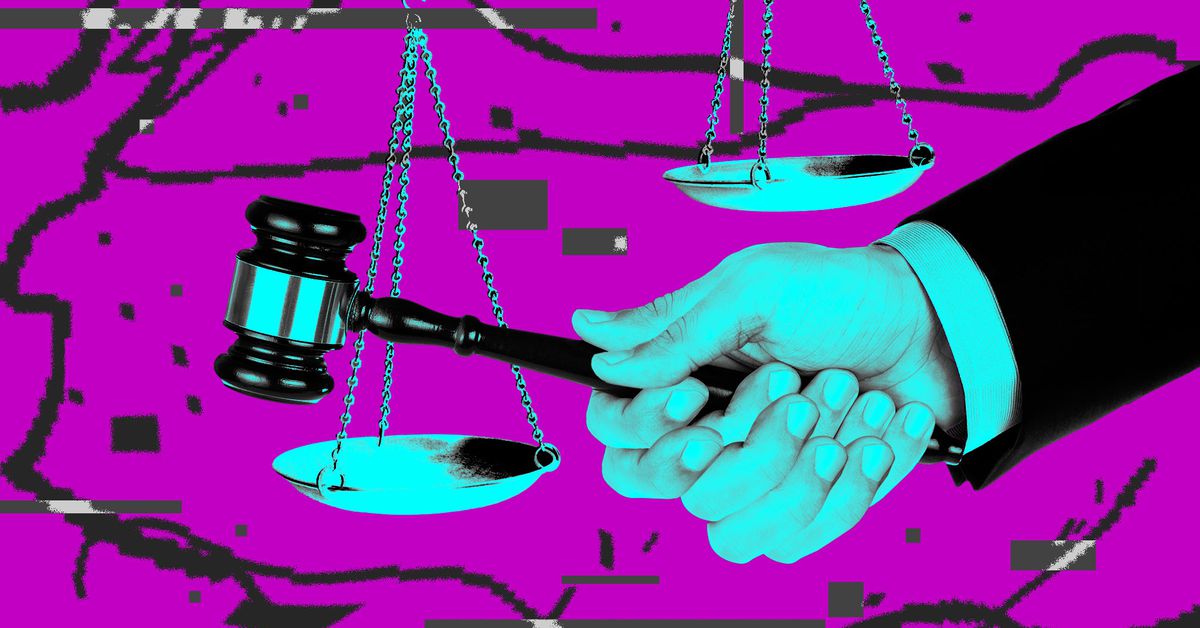A bipartisan group of senators introduced a new bill to make it easier to authenticate and detect artificial intelligence-generated content and protect journalists and artists from having their work gobbled up by AI models without their permission.
The Content Origin Protection and Integrity from Edited and Deepfaked Media Act (COPIED Act) would direct the National Institute of Standards and Technology (NIST) to create standards and guidelines that help prove the origin of content and detect synthetic content, like through watermarking. It also directs the agency to create security measures to prevent tampering and requires AI tools for creative or journalistic content to let users attach information about their origin and prohibit that information from being removed. Under the bill, such content also could not be used to train AI models.
Content owners, including broadcasters, artists, and newspapers, could sue companies they believe used their materials without permission or tampered with authentication markers. State attorneys general and the Federal Trade Commission could also enforce the bill, which its backers say prohibits anyone from “removing, disabling, or tampering with content provenance information” outside of an exception for some security research purposes.
(A copy of the bill is in he article, here is the important part imo:
Prohibits the use of “covered content” (digital representations of copyrighted works) with content provenance to either train an AI- /algorithm-based system or create synthetic content without the express, informed consent and adherence to the terms of use of such content, including compensation)



“stealing” implies the owner does not have it anymore… It is large studio speak.
And I get what you are trying so say, I just think the copyright system is so broken that this shows it is in need of reform. Because if the qualm is with people doing immoral shit as a business model, there are long lists of corporations that will ask you to hold their beer.
And the fact that the training of the models already occurred on these materials means that the owners of the current models are probably training on generated datasets meaning that by the time this actually hits court, the datasets with original copyrighted materials will be obsolete.
Regarding obsolete models, that’s only partially true. There’s loads of content that are effectively “finished” and won’t be changing, and will grow obsolete at a fairly slow pace. Meaning they’ll be useful in the models once trained for years.
Obviously new technology and similar ideas/content that didn’t exist when the model was created won’t be there, but the amount that changes and or is new is relatively small each year compared to all the historical content.
Removed by mod
Well that’s a well articulated reply.
I don’t understand why you would take this position. Because the small artists will never be able to avoid Beiing included in training sets, and if they are what are they going to do against a VC backed corpnlike OpenAI. All the while the big copyright “owners” will be excluded. Meaning this only cements the position of the mega corps.
Removed by mod
Removed by mod
Comment breaks community standards.